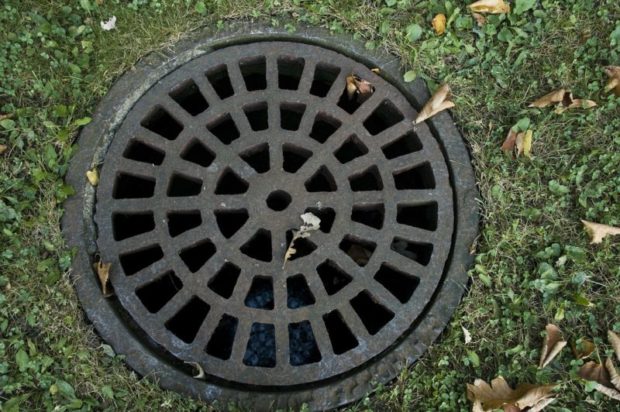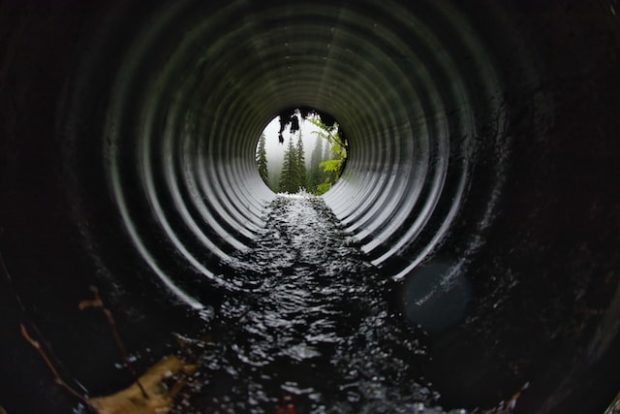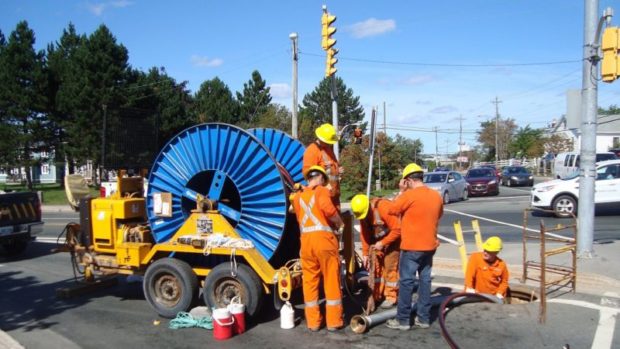One of the most common problems that homeowners face is sewer clogging. If you are not careful, this can cause a lot of damage to your home and be very costly to fix.
In this article, we will discuss some tips on how to avoid sewer clogging in your home. Follow these tips and you can rest assured that your plumbing will stay in good condition!
What Is Sewer Clogging and Why Is It a Problem?
Sewer clogging occurs when there is a blockage in your sewer line. This can happen for a variety of reasons, such as tree roots growing into the pipe or grease and debris buildup over time. When your sewer line is blocked, it can cause sewage to back up into your home, which can lead to serious damage and be costly to repair.

In addition, sewer clogs can also cause problems with your drains, such as slow draining or complete blockages. If you notice any of these problems, it is important to call 5 Star Plumbing, they offer incredible drain & sewer cleaning in Sacramento. They can fix the issue before it causes any further damage.
How to Avoid Sewer Clogging?
Follow these tips to avoid sewer clogging:
- Be careful what you flush down your toilet. Avoid flushing things like paper towels, feminine hygiene products, and baby wipes, as these can all cause clogs.
- Don’t pour grease or oil down your drains. When these cool and harden, they can adhere to the sides of your pipes and gradually build up over time, causing a blockage.
- Have your sewer line cleaned regularly. This will help remove any buildup that has occurred over time and prevent future clogs from occurring.

How to Identify Signs of Sewer Clogging?
There are a few signs that you can watch out for that may indicate you have a sewer clog. They are:
- slow draining or complete blockages in your drains;
- bad smells coming from your drains;
- gurgling sounds coming from your toilet or drains.
If you notice any of these signs, don’t hesitate to call a plumber. They will be able to identify the problem and fix it before it causes any further damage.

What to Do if You Experience a Sewer Clog?
If you have a sewer clog, the first thing you should do is assess the situation. Is the clog in your main sewer line or in a branch line? If it’s in your main sewer line, you’ll need to contact a professional plumber to have it cleared. However, if the clog is in a branch line, you may be able to clear it yourself using a plunger or a drain snake.
Before attempting to clear the clog yourself, put on gloves and safety goggles to protect yourself from bacteria. Then, try using a plunger to see if you can dislodge the clog. If that doesn’t work, you can try using a drain snake. Insert the drain snake into the drain and turn it clockwise until you feel resistance. This will help break up the clog so it can be flushed down the drain.
Once you’ve cleared the clog, run hot water down the drain for 15-20 minutes to flush out any residual waste. If you have a septic tank, you’ll also want to add enzymes to help break down any material that’s been sitting in the tank.
Cost of Repairing a Sewer Line
The cost of repairing a sewer line will vary depending on the extent of the damage. If the clog is in your main sewer line, it will likely be more expensive to repair than if it’s in a branch line. The cost of repairs will also depend on whether or not you have insurance. Many homeowners insurance policies cover sewer line repair, so be sure to check with your insurer to see if they would cover the cost of repairs.
No matter what the cost of repairs ends up being, it’s important to have the problem fixed as soon as possible.
How to Find a Plumber to Fix Your Sewers?
If you need to find a plumber to fix your sewers, the best place to start is by asking for recommendations from friends or family. Also, be sure to do your research and read reviews before hiring anyone. In addition, ask each plumber for an estimate of the cost of repairs before making a decision.
Conclusion
Sewer clogs can be a major hassle, but by following these tips, you can avoid them altogether. If you do experience a clog, be sure to call a professional plumber so they can fix the issue before it causes any further damage.
